I am trying to build a MySQL, PHP, Ajax based personal messaging system.
There is one table for all messages - msghistory, which looks like that

And another one for users' last message check date records - chkdate.
The system works like this:
When user signs into page, page fires Ajax autocheck. Ajax calls php in every 10 sec. PHP side checks for new messages by user id. At first checks chkdate, then checks msghistory: If there are no message after last check date then system will not notify user, else will notify about this
I think this way will load server heavily, if there are 1000s of users. I wonder if explained above way is optimal? if not, what do you think about this, which way is better?